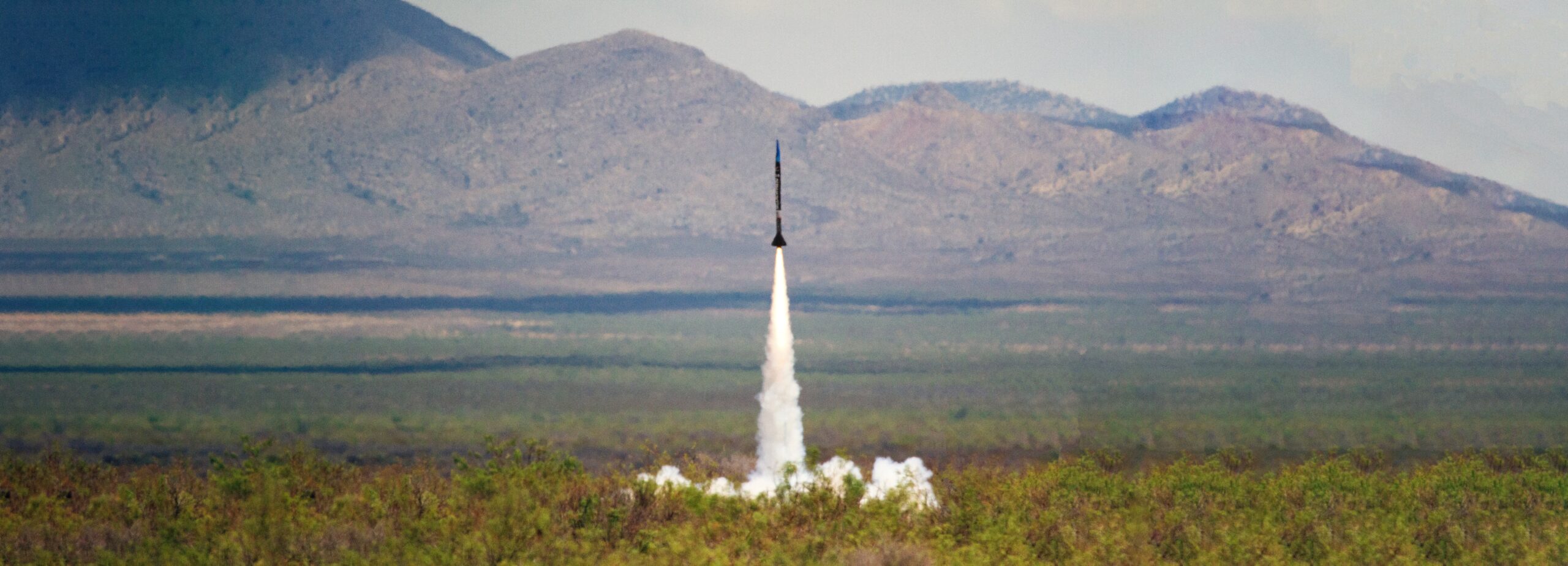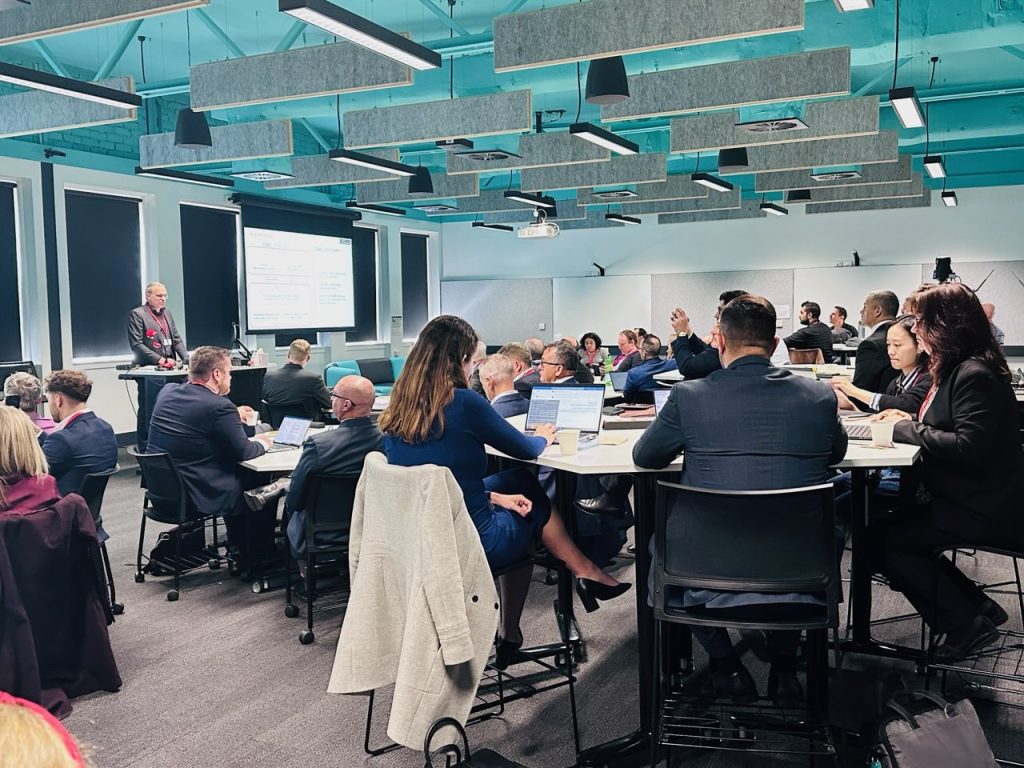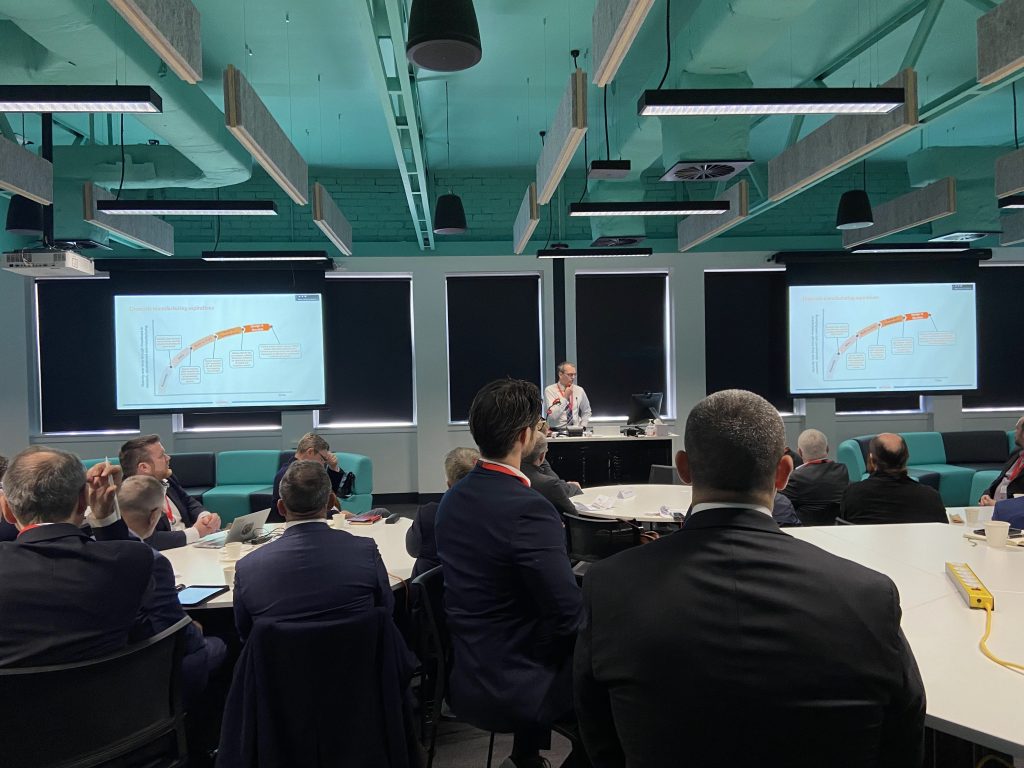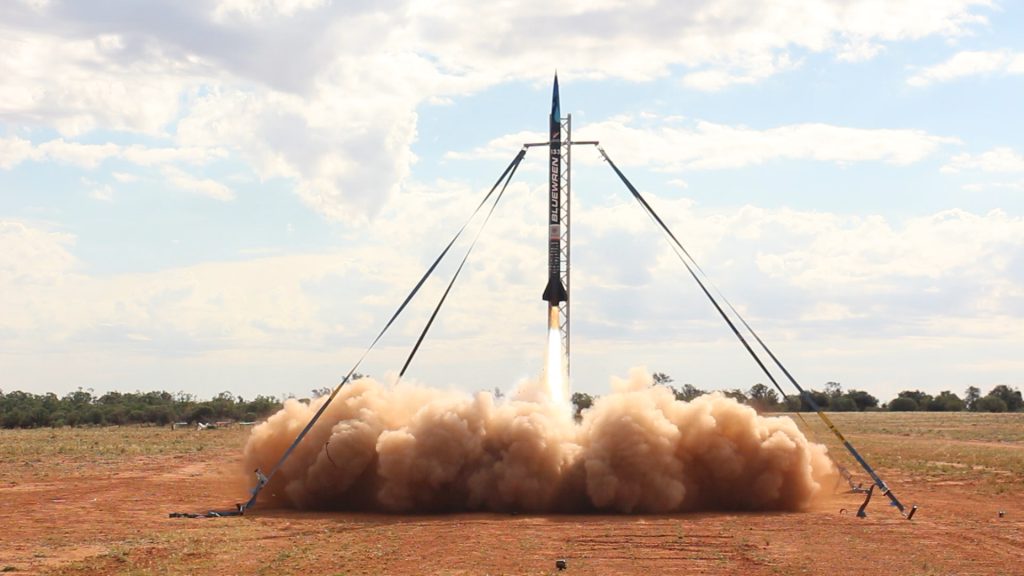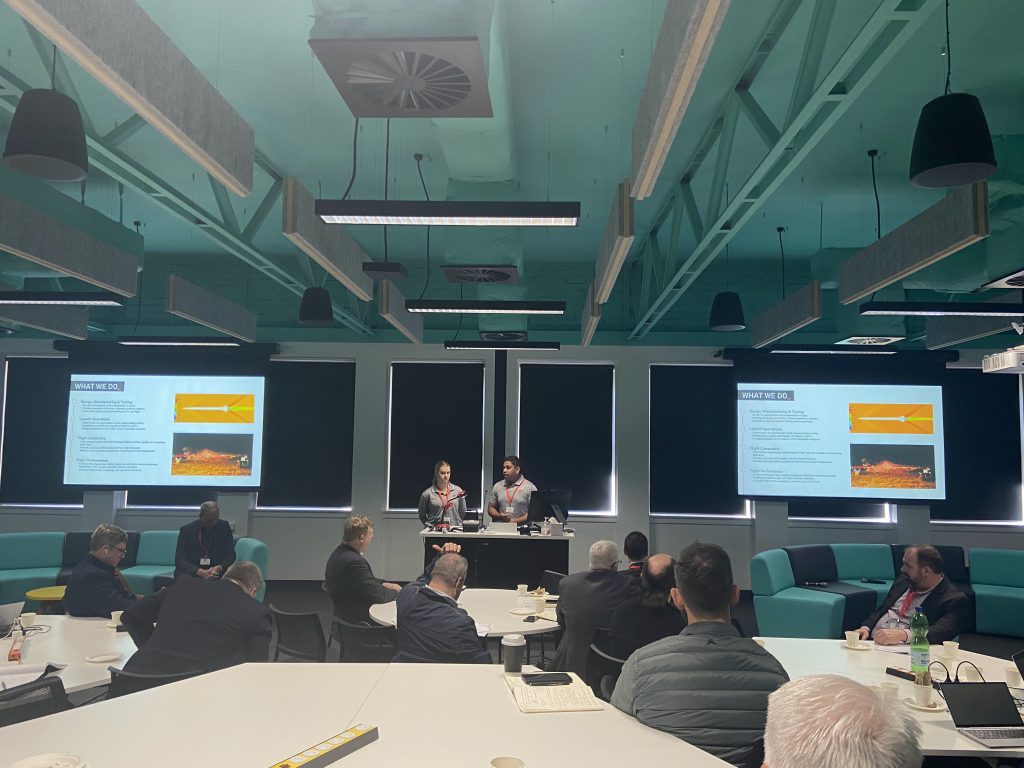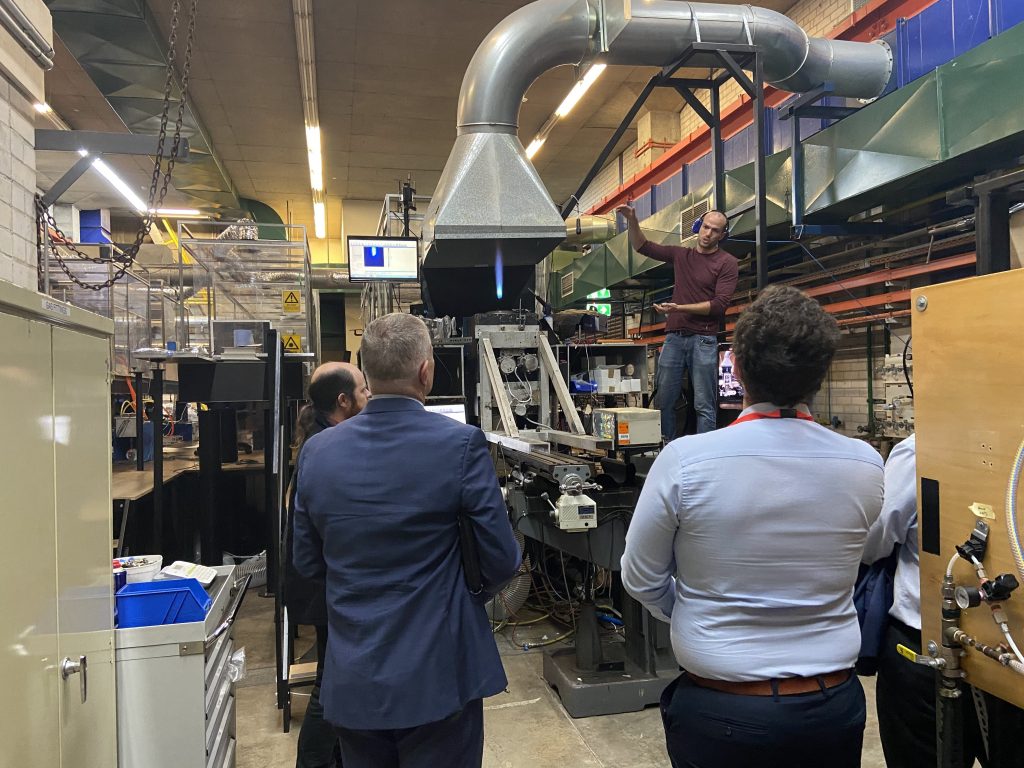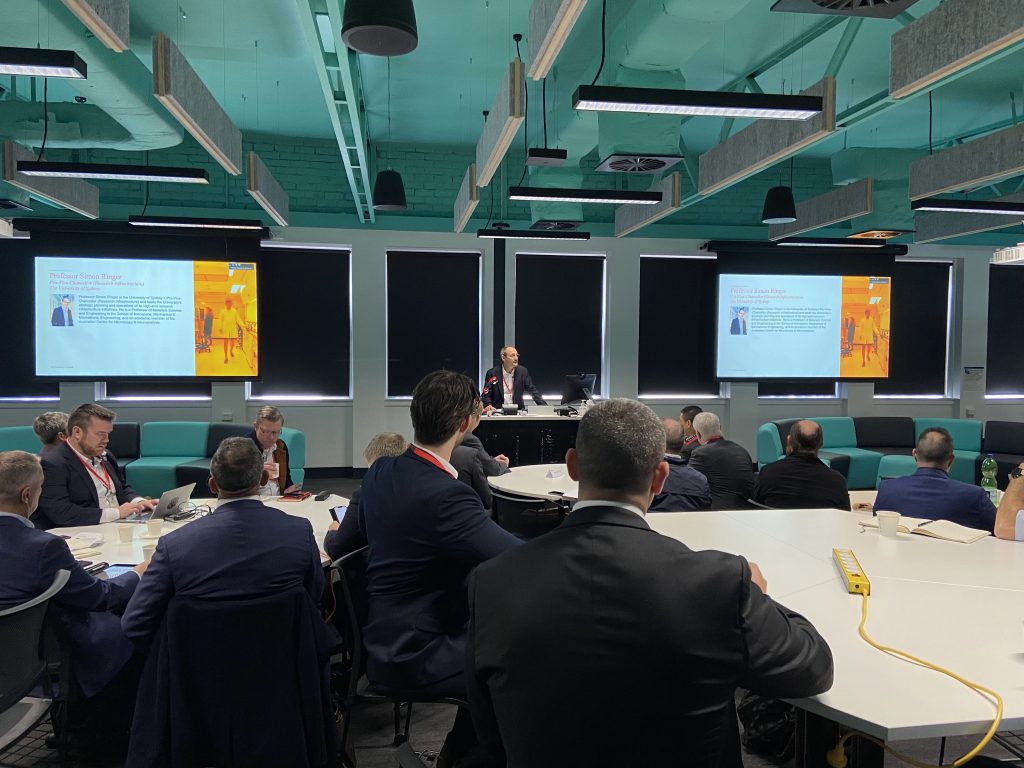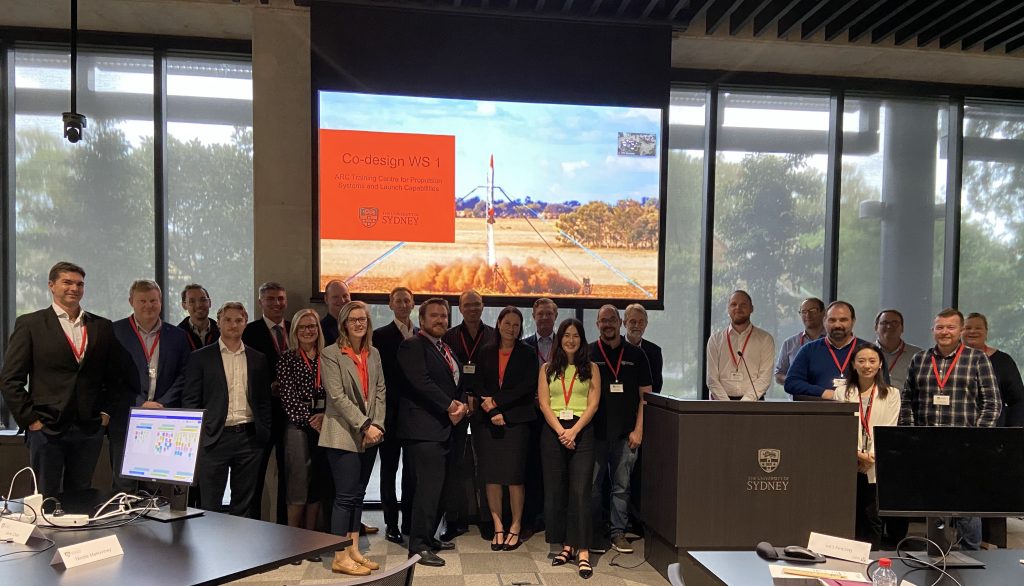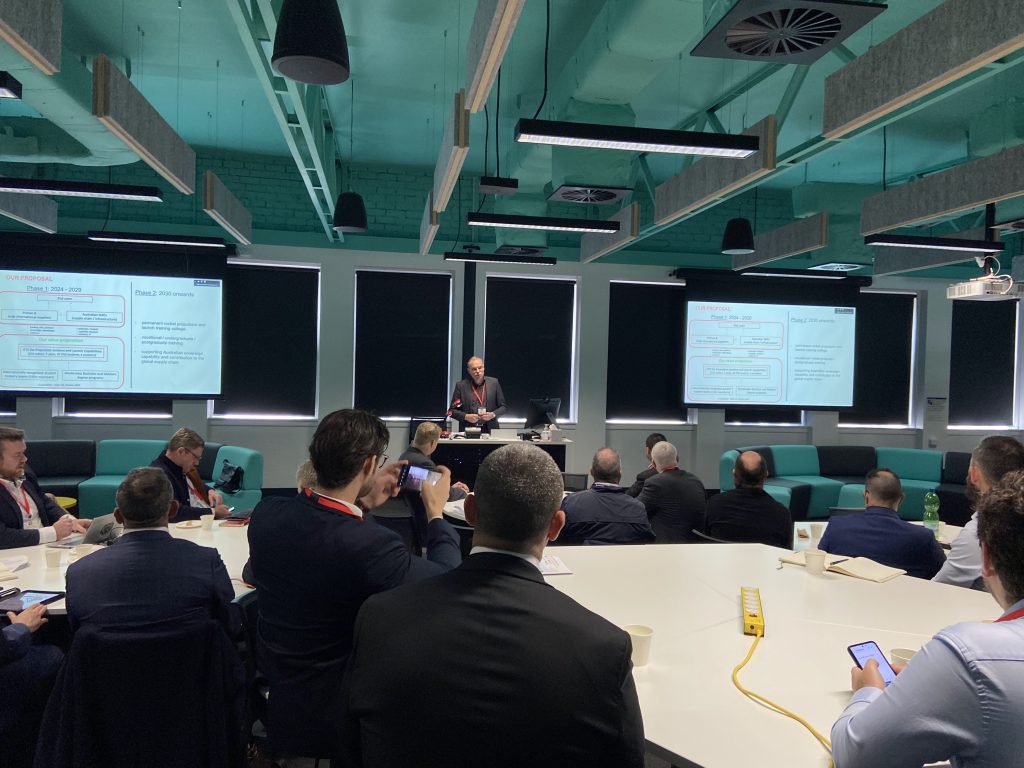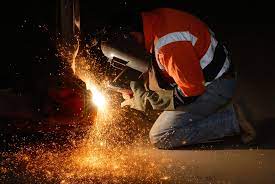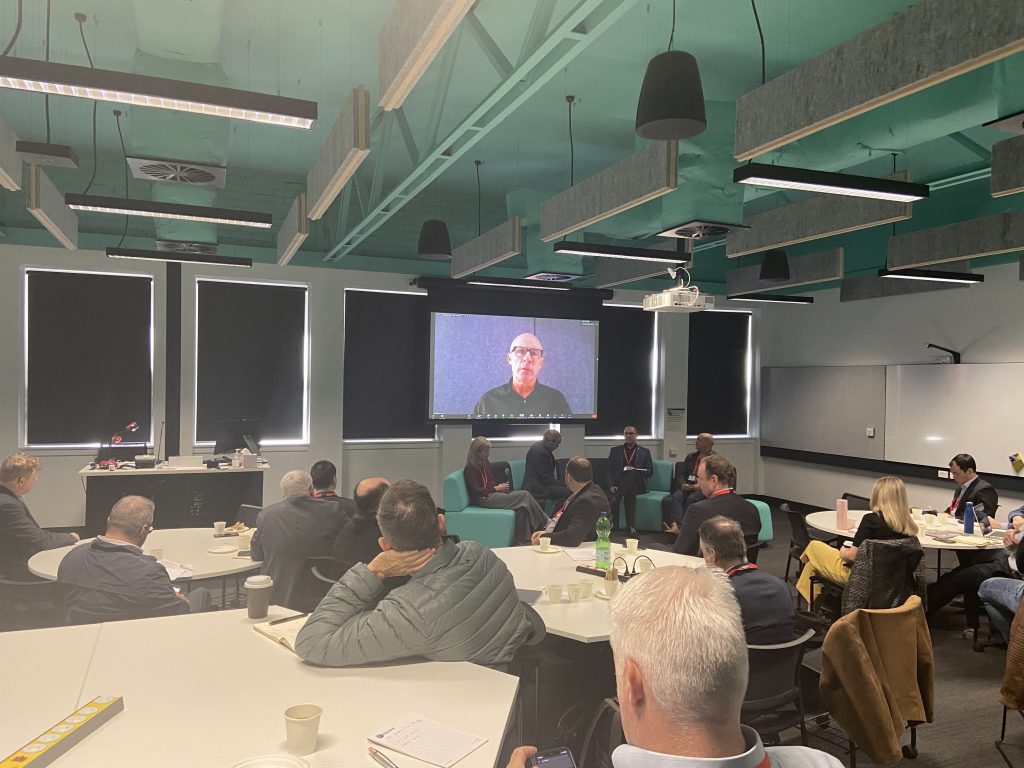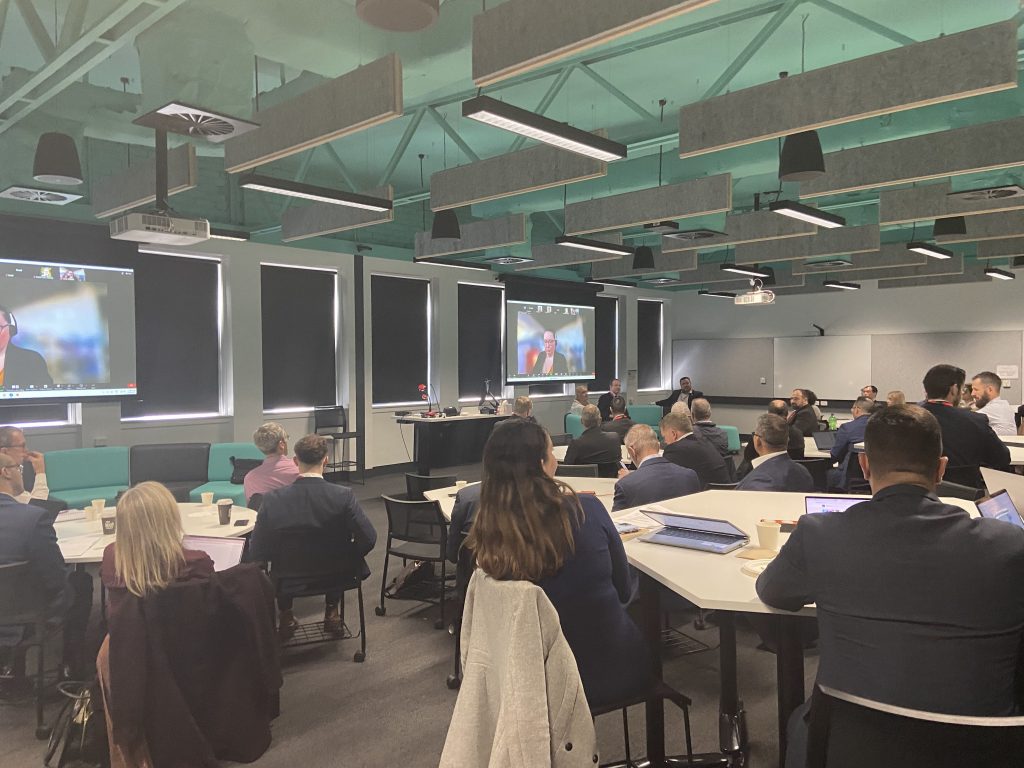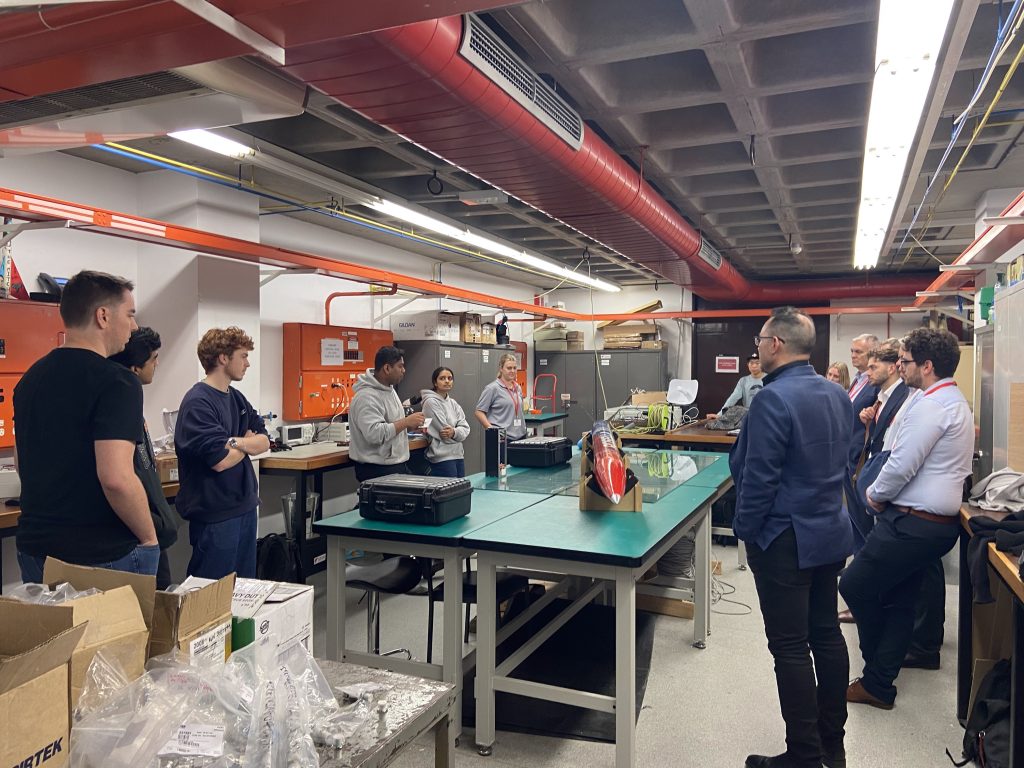Australian Rocket Systems Training Network
Through nationwide collaboration, uniting expertise and leadership, we shape tomorrow’s workforce in defence and space
The Australian Rocket Systems Training Network (ARSTN) is a coordinating body of government, educational and industry organisations which aims to establish a world class training and education ecosystem in Australia in support of all aspects of rocketry and propulsion for the defence and space sectors. We aim for a sector-wide approach covering vocational, professional and research education as well as targeted training to upskill workers and provide experiential training and internships for students in tertiary institutions. ARSTN’s relationship with internationally recognised researchers and educators, access to world class laboratory and computational facilities, and proximity to the talent pool coming out of Australia’s numerous award-winning University rocketry teams are keys to our future success.
ARSTN was conceived in 2023 through a series of workshops to discuss education and training in propulsion and launch technologies to meet the Australian Government’s manufacturing ambitions related to the Guided Weapons and Explosive Ordnance (GWEO) Enterprise as well as ongoing commercial and government interests in access to space. These workshops were hosted by the University of Sydney and involved representation from the University of Queensland, Monash University, and RMIT, as well as representatives from Airforce, Navy, VET colleges, the Australian Space Agency, Defence Science and Technology Group (DSTG), Engineers Australia, Austrade, NSW Premier’s Department, State and Commonwealth Government departments, and more than 30 private and public companies.
Key University Participants
- Matthew Cleary, Professor, Director of the Australia Rocket Systems Training Network, University of Sydney
- Vincent Wheatley, Professor, Co-Director of the Centre for Hypersonics, University of Queensland
- Adrian Pudsey, A/Professor, DSTG Joint Chair in Supersonic Propulsion and Flight Technologies, RMIT
- Daniel Edgington-Mitchell, A/Professor of Mechanical and Aerospace Engineering, Monash University

